August 13, 2015
Take-up of sit-stand desks still lagging in UK, but change is coming fast 0
 The number of UK employers offering staff sit-stand workstations remains sluggish, despite rapidly growing awareness of their benefits, according to a new study from office furniture firm Kinnarps. Compared to the near universal provision of sit-stand desks in Scandinavia, and in spite of the fact that UK buyers now universally acknowledge what they can do to improve employee wellbeing, the UK market has yet to fully adopt workstations that encourage more active working. Based on a study of 132 senior decision makers, facilities managers, designers and HR managers, 98 percent of respondents say they can see the attraction of introducing sit-stand working, citing improved health (73 percent), increased productivity (11 percent) and attracting and retaining talent (5 percent), among the principal benefits. Yet only 8 percent say that such workstations are ‘widely available’ in their workplaces.
The number of UK employers offering staff sit-stand workstations remains sluggish, despite rapidly growing awareness of their benefits, according to a new study from office furniture firm Kinnarps. Compared to the near universal provision of sit-stand desks in Scandinavia, and in spite of the fact that UK buyers now universally acknowledge what they can do to improve employee wellbeing, the UK market has yet to fully adopt workstations that encourage more active working. Based on a study of 132 senior decision makers, facilities managers, designers and HR managers, 98 percent of respondents say they can see the attraction of introducing sit-stand working, citing improved health (73 percent), increased productivity (11 percent) and attracting and retaining talent (5 percent), among the principal benefits. Yet only 8 percent say that such workstations are ‘widely available’ in their workplaces.












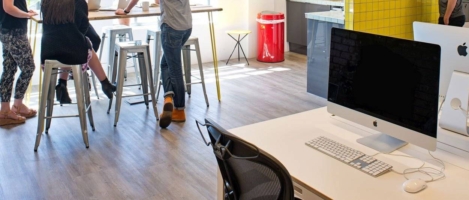
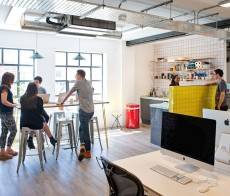
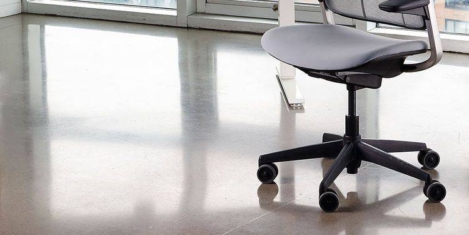
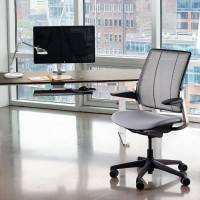



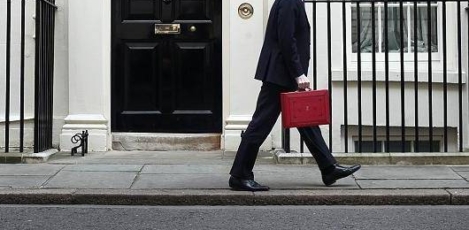



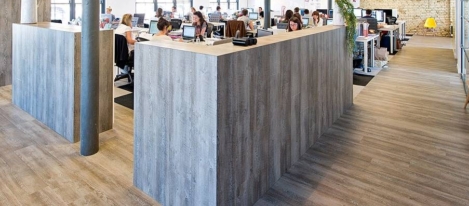
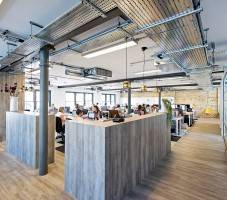








August 18, 2015
That story about sexist air conditioning systems…roundly debunked 0
by Mark Eltringham • Comment, Facilities management, Wellbeing, Workplace
The main story of the silly season so far has been that one about the inherent sexism of air conditioning systems from a week or two back. Based on a study published in the esoteric journal Nature Climate Change, it appeared that standards for heating and ventilation in building systems were founded on the metabolic rate of an average man which suggested women were toiling away in unconducive, if not exactly unbearable, conditions. This was a compelling tale picked up worldwide by major media outlets including The New Yorker and The Daily Telegraph. There were only two problems with it all. Firstly, the original study was extremely flimsy, based on a tiny sample and ignorant of some basic facts. Secondly the science behind it has now been roundly rejected by ASHRAE, the main US body responsible for informing debate on such matters.
(more…)